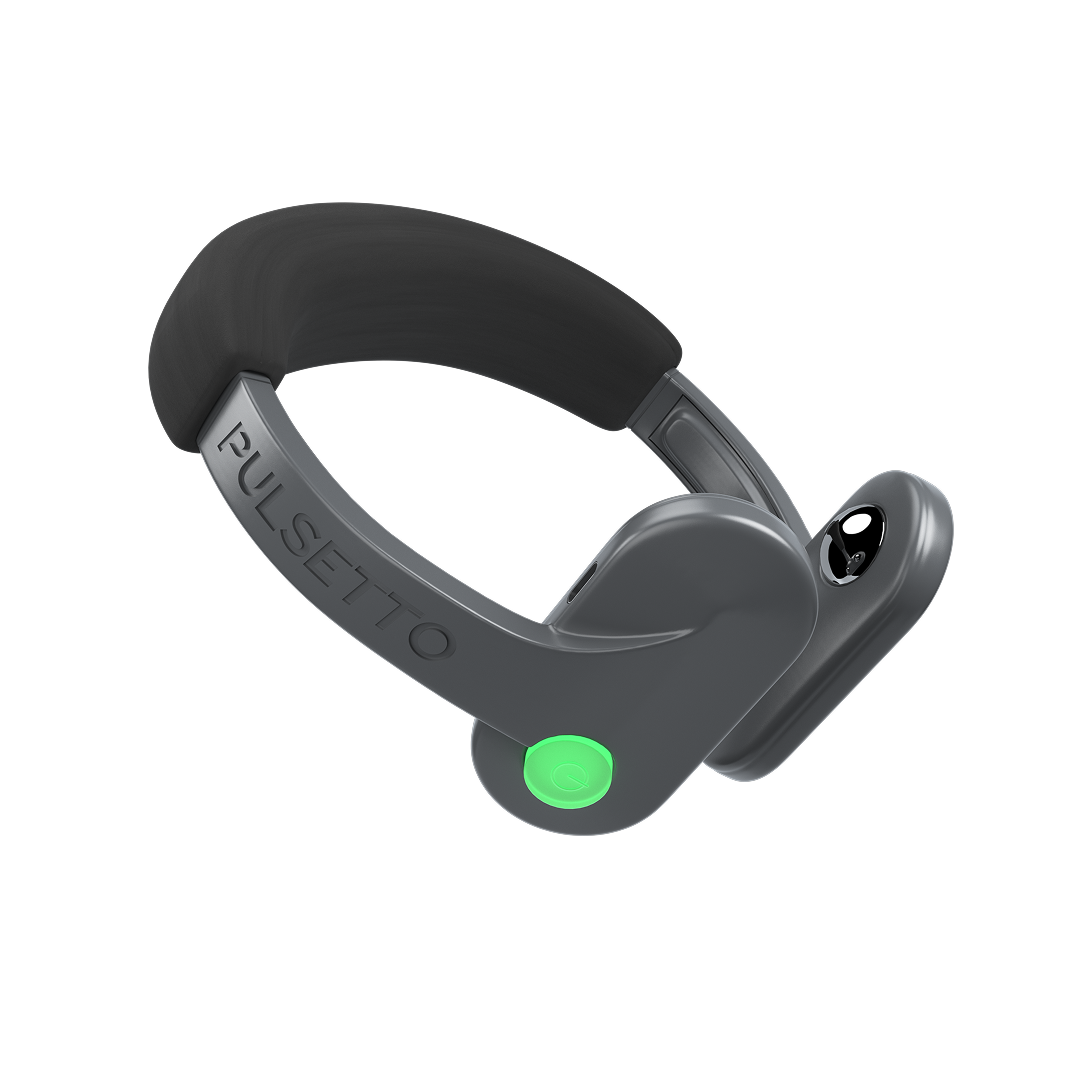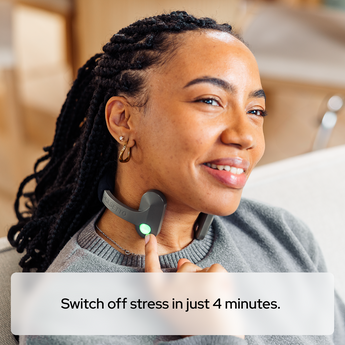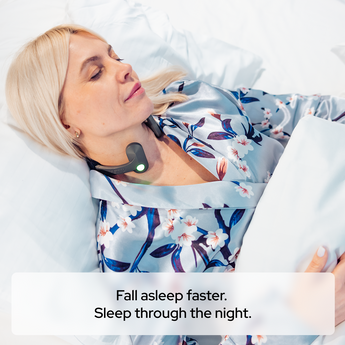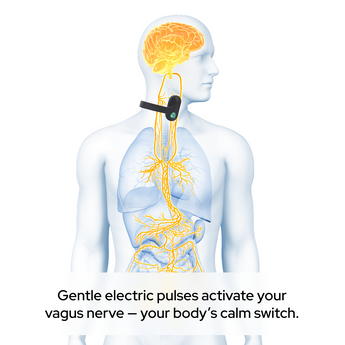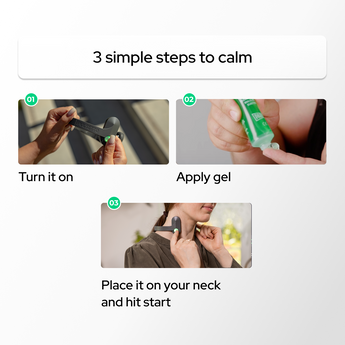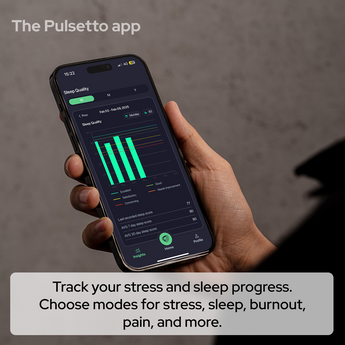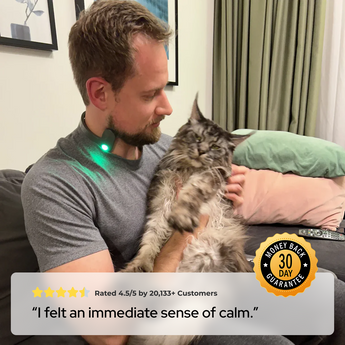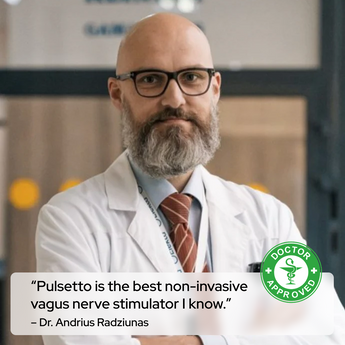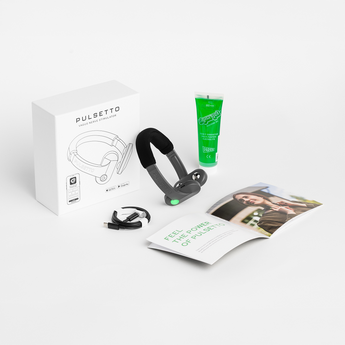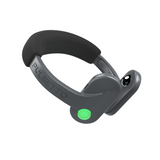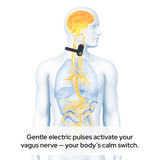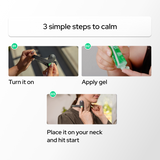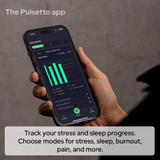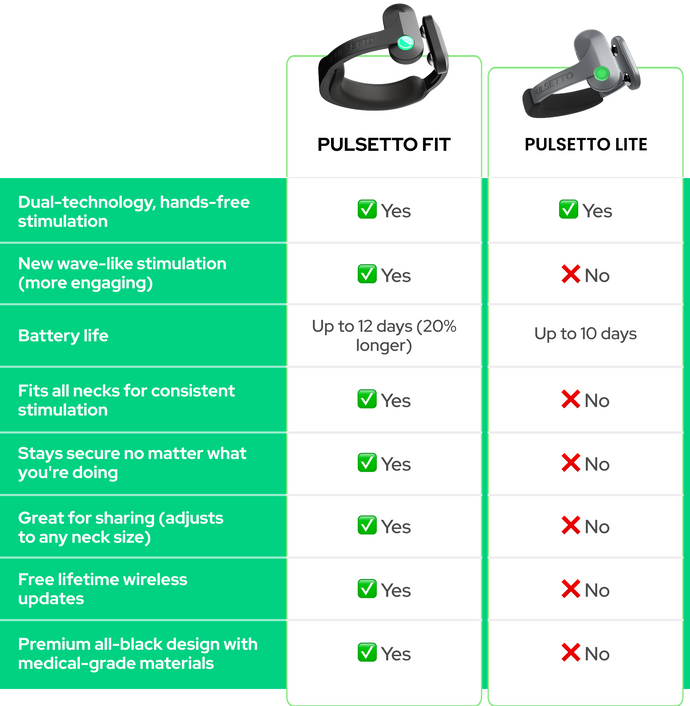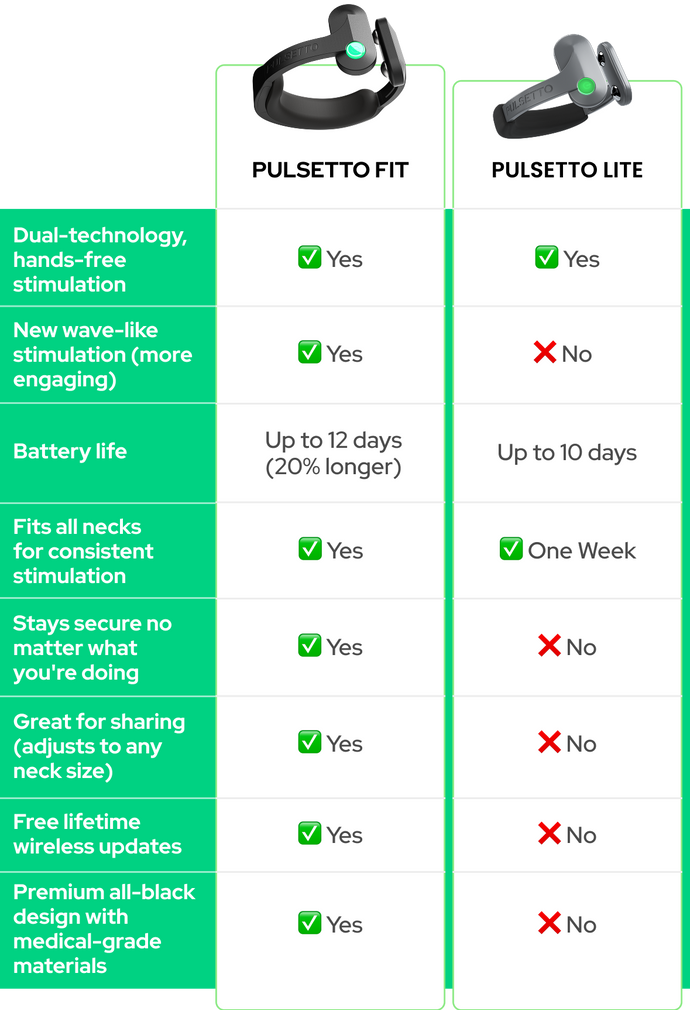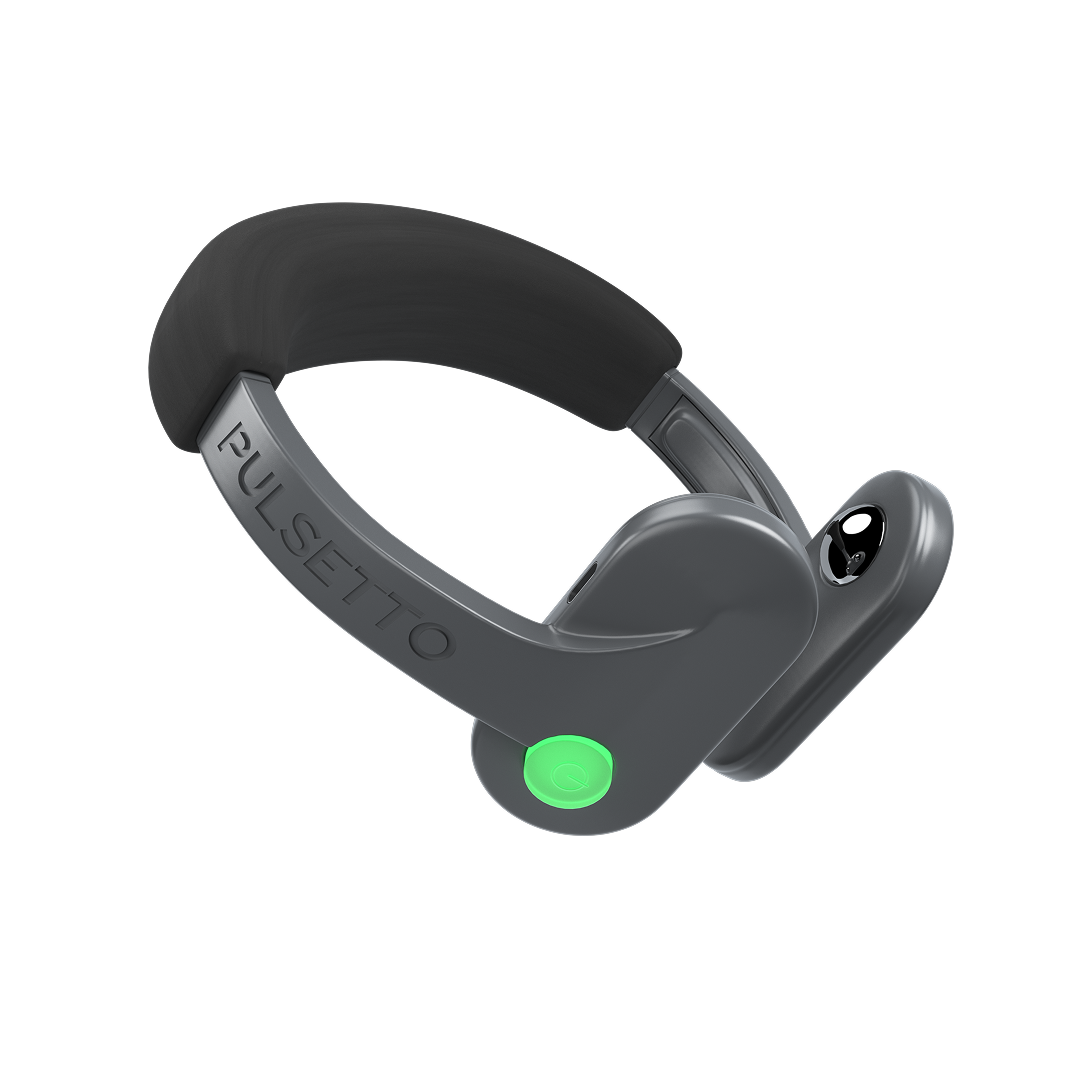Do Vagus Nerve Exercises & Non-Invasive Treatment Solve Tinnitus?
If you're experiencing tinnitus and looking for non-invasive solutions, vagus nerve exercises and treatments might be beneficial. These approaches essentially represent daily exercises for your nerve, aimed at restoring balance and potentially reducing tinnitus symptoms.
Vagus Nerve Stimulation Through Exercises
These simple exercises can stimulate the vagus nerve, potentially enhancing your overall well-being and energy levels.
-
Deep Breathing: Engaging in deep, slow breathing exercises can activate the vagus nerve, promoting a state of relaxation that may help mitigate the intensity of tinnitus.
-
Singing or Humming: Since the vagus nerve is connected to the vocal cords and throat muscles, activities like singing or humming can stimulate the nerve and may be effective in managing tinnitus symptoms.
-
Valsalva Maneuver: This involves holding your nose and gently exhaling, similar to what you might do to equalize ear pressure. This action can affect ear pressure and potentially reset auditory sensations, providing temporary relief from tinnitus.

Vagus nerve exercises and other non-invasive treatments offer hope in managing tinnitus symptoms effectively.
Non-Invasive Treatment Options for Tinnitus
In addition to vagus nerve exercises, other non-invasive treatments can also help managing tinnitus symptoms:
-
Sound Therapy: This treatment involves the use of external noise in order to alter the patient's perception of tinnitus or to reduce the loudness of the noise. Sound therapy can be administered through specialized devices or even through simple mobile applications that play soothing sounds.
-
Cognitive Behavioral Therapy (CBT): This psychological approach helps patients manage the distress associated with tinnitus. CBT works by changing the way a person reacts to tinnitus by altering their patterns of thinking and behavior.
-
Biofeedback: This technique uses electronic monitoring to teach patients to gain control over certain bodily functions that can influence the intensity of tinnitus, such as muscle tension and heart rate.
While vagus nerve exercises and non-invasive treatments may not completely solve tinnitus for everyone, they remain valuable strategies for managing and potentially reducing symptoms. By integrating these methods into daily routines, many find significant relief and an improved quality of life, making them worthwhile considerations for those affected by tinnitus.
How Does Vagus Nerve Stimulation Help with Tinnitus?
Vagus nerve stimulation (VNS) offers a promising approach to managing tinnitus through the following steps:
-
Stimulation Methods: VNS involves sending mild electrical pulses to the vagus nerve, which can be achieved either surgically with an implanted device or through non-invasive techniques.
-
Brain Retraining: The stimulation aims to alter how the brain processes sound, essentially retraining the brain to overlook the persistent ringing or noise associated with tinnitus.
-
Combined Therapy: Studies suggest that combining VNS with sound therapy can modify the brain's auditory system, helping to diminish the perception of tinnitus over time.
-
Long-term Improvement: While not an immediate solution, this combined approach may gradually help the brain to filter out the tinnitus noise.
This method is based on the principle of neuroplasticity, where the brain's neural connections are adjusted to reduce the unwanted auditory signals of tinnitus.

Pulsetto is a non-invasive vagus nerve stimulator offering potential relief for tinnitus symptoms.
Pulsetto: Vagus Nerve Stimulator for Tinnitus
Pulsetto is a non-invasive VNS device that's designed for home use, gaining attention for its ease of use and effectiveness. Our product operates by sending gentle electrical pulses through the skin to stimulate the vagus nerve, and is designed to be worn for a few minutes daily during regular activities.
Pulsetto offers the benefits of VNS therapy without surgery, and many users have reported a noticeable reduction in tinnitus symptoms with consistent use. For more information on this promising solution, visit our website.

Frequently Asked Questions (FAQ)
What is Tinnitus and How is it Connected to the Vagus Nerve?
Tinnitus is the perception of noise or ringing in the ears, a common problem affecting about 15% to 20% of people. It is often linked to the vagus nerve, which runs from the brain to the abdomen and plays a key role in keeping the body's internal functions in balance. Stimulation of the vagus nerve has been found to potentially help manage tinnitus by redirecting the brain's focus and promoting a calming effect.
How Often Should I Perform Vagus Nerve Exercises?
The frequency of vagus nerve exercises can vary depending on individual needs and the guidance of a healthcare professional. Typically, daily exercises, such as deep breathing, humming, or singing, are recommended to help stimulate the vagus nerve effectively.
Can Vagus Nerve Stimulation Cure Tinnitus or Just Manage Symptoms?
Vagus nerve stimulation is primarily used to manage the symptoms of tinnitus rather than cure the condition - it calms the nervous system and can reduce the loudness and annoyance of the sounds heard by tinnitus sufferers.
Is Vagus Nerve Stimulation Safe for Everyone?
Vagus nerve stimulation is generally safe but may not be suitable for everyone - as such, individuals need to consult a healthcare provider before starting any form of stimulation, especially those with underlying health conditions or those using medical devices like pacemakers.
How Long Before I Can See Results from Vagus Nerve Stimulation?
The time it takes to see results from vagus nerve stimulation can vary. Some individuals may notice improvements in their symptoms within a few weeks, while for others, it may take several months. Consistent practice and patience are crucial as effects can accumulate over time.



